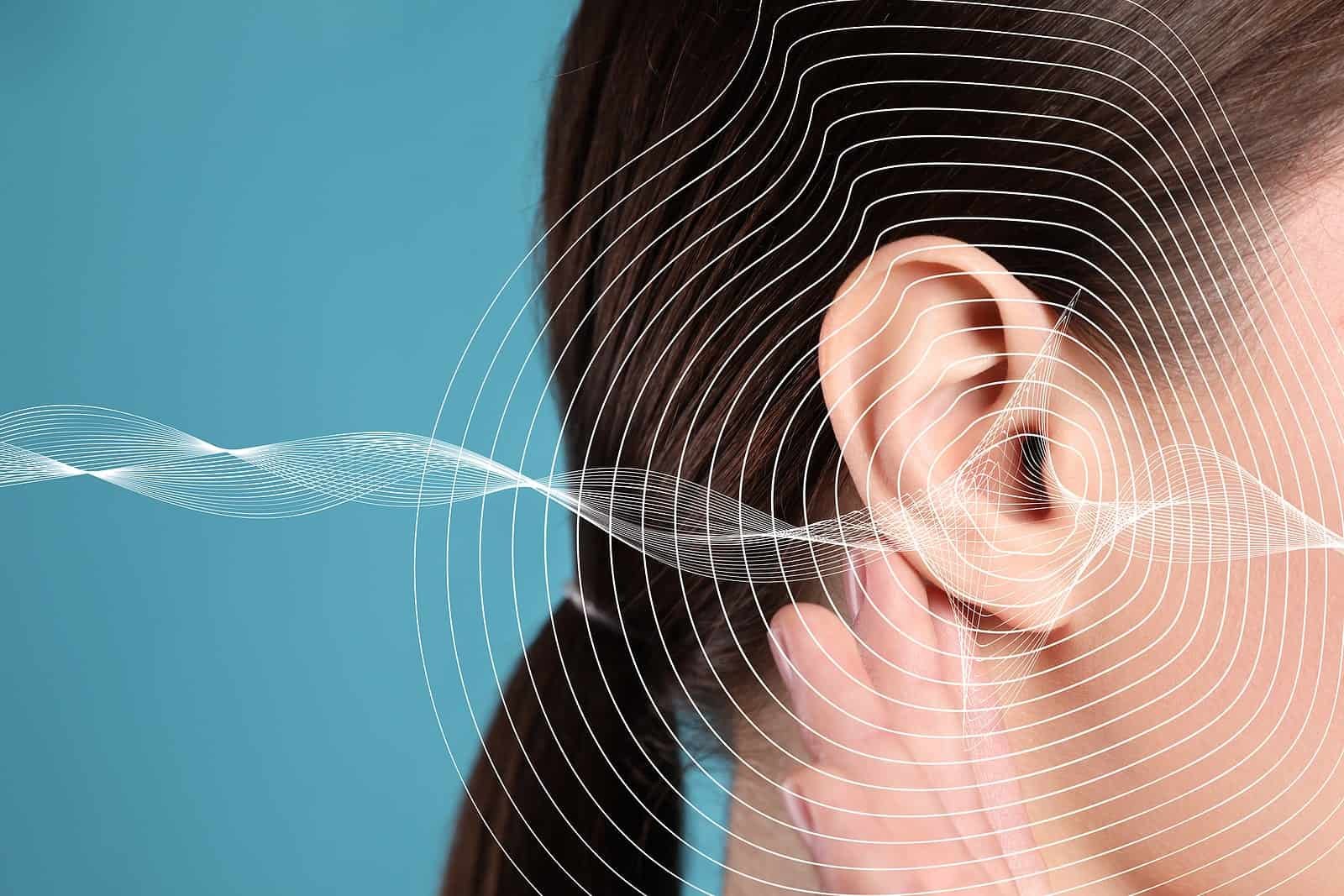
-
Posted By HealthyHearing.In Team
-
-
Comments 0
Your hearing health is crucial for your overall well-being, yet it’s often overlooked. The link between hearing and general health issues in adults is complex and significant.
Lets explore this connection and highlight why maintaining good hearing health should be part of your holistic healthcare approach. We want to highlight the importance of hearing health within the broader context of adult health. By understanding and addressing this connection, you and your healthcare providers can adopt a more comprehensive approach to your health and longevity.
Understanding Hearing Health
Your hearing is a complex process involving your ears detecting sounds and your brain interpreting them. Good hearing health is more than just avoiding hearing loss; it means keeping your ears’ structures and functions in top condition.
The Impact of Hearing Loss
Hearing loss can result from aging, exposure to loud noises, infections, and certain medications. It can cause various physical and mental health issues. Physically, untreated hearing loss increases your risk of falling due to balance problems. Mentally, it can lead to social isolation, depression, and even cognitive decline.
Social Isolation and Mental Health
If you have hearing loss, social situations can be challenging, often leading to withdrawal and isolation. This social disengagement can make you feel lonely and depressed. Additionally, the effort to understand conversations can cause cognitive overload, potentially contributing to a decline in mental faculties over time.
Cognitive Decline and Dementia
Research indicates a strong link between hearing loss and cognitive decline. If you have hearing loss, you may experience a faster rate of cognitive deterioration, potentially increasing your risk of developing dementia. While the exact reasons are still under study, factors like additional cognitive load and social isolation are believed to play significant roles.
Cardiovascular Health
The inner ear is sensitive to blood flow, so your cardiovascular health can directly impact your hearing. Conditions like hypertension and diabetes, which affect blood flow, can lead to hearing problems. Conversely, good hearing health might indicate a healthy cardiovascular system.
Preventive Measures and Treatments
To prevent hearing loss, protect your ears from loud noises, avoid ototoxic medications when possible, and manage health conditions that affect hearing. If you’re already experiencing hearing loss, treatments like hearing aids, cochlear implants, and auditory therapy can greatly enhance your quality of life.
The Role of Regular Hearing Check-ups
Regular hearing check-ups are essential for early detection and management of hearing loss. They also provide insights into your overall health, potentially uncovering other health issues.
The connection between your hearing health and overall well-being is undeniable. Good hearing health is deeply linked to mental, social, and physical health. By prioritizing your hearing, you can enhance your quality of life and potentially reduce other health issues. It’s time to listen to what your ears are telling you.



